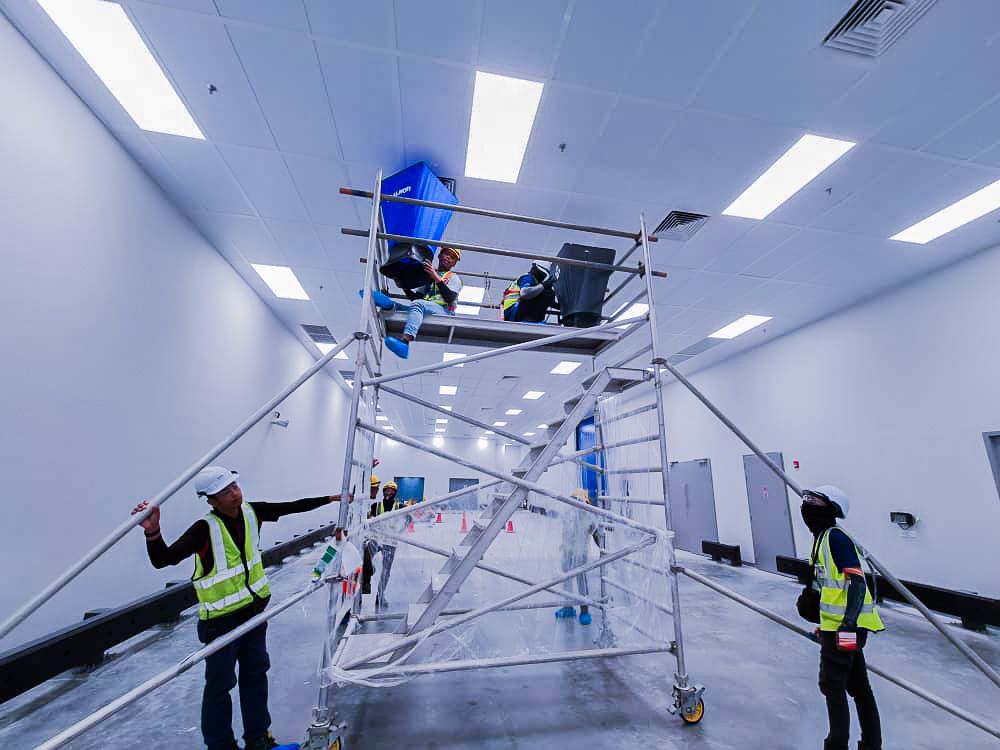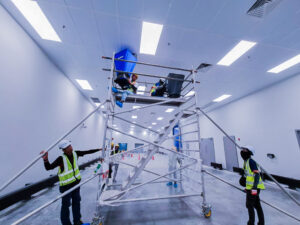Malaysia’s tropical climate makes air conditioning systems an essential component of most buildings in the country. However, many Malaysian buildings experience air balancing issues that can compromise indoor air quality, energy efficiency, and occupant comfort. Understanding these common air balancing issues is crucial for maintaining a healthy and comfortable indoor environment.
What is Air Balancing?
Air balancing is the process of adjusting an HVAC system to distribute air evenly throughout a building. Proper air balancing ensures that each room receives the right amount of conditioned air, reducing temperature and humidity imbalances, and providing optimal air quality. Incorrectly performing air balancing can cause poor indoor air quality, high energy bills, and uncomfortable living or working conditions.
Common Air Balancing Issues in Malaysian Buildings
- Uneven Air Distribution
One of the most common air balancing issues in Malaysian buildings is uneven air distribution. An unbalanced HVAC system can cause certain rooms to receive an excessive amount of conditioned air, while others may receive insufficient air. This can result in hot and cold spots throughout the building, making occupants uncomfortable and causing energy wastage.
- Air Pressure Imbalances
Another common air balancing issue is air pressure imbalances. When the pressure inside a room is higher or lower than the surrounding areas, air may move from one room to another. This can cause unwanted drafts, temperature imbalances, and humidity problems. Poorly designed or maintained HVAC systems, faulty ductwork, and blocked air vents are some of the factors that can cause air pressure imbalances.
- Inadequate Ventilation
Inadequate ventilation is a significant air balancing issue that can lead to poor indoor air quality. Without sufficient fresh air, buildings can become stuffy, stale, and uncomfortable. Inadequate ventilation can also lead to high levels of pollutants, including carbon dioxide, volatile organic compounds (VOCs), and airborne pathogens. Outdated HVAC systems, blocked air vents, and inadequate fresh air intake are among the factors that can cause poor ventilation.
- High Energy Bills
An incorrectly balanced HVAC system can lead to increased energy bills. This is because the system has to work harder to compensate for temperature and humidity imbalances, resulting in wasted energy. Poorly designed or maintained HVAC systems, inefficient equipment, and outdated building envelopes are some of the factors that can contribute to high energy bills.
Air balancing issues can have a significant impact on the comfort, health, and energy efficiency of Malaysian buildings. By understanding the common air balancing issues that occur in Malaysian buildings, building owners, and HVAC professionals can take steps to address these issues and maintain a healthy and comfortable indoor environment. To achieve optimal performance, proper air balancing necessitates the use of appropriate equipment, regular maintenance, and expertise.




